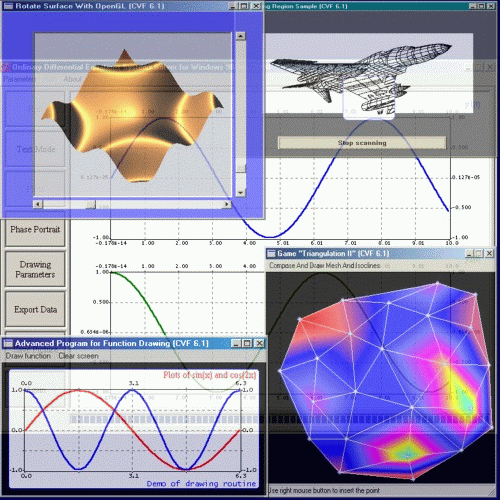|

ELECTRICAL ENGINEERING IC (Prerequisites Mathematics
I, Physics IE)
Subjects to be studied concurrently: Mathematics 11, Physics 11E, Energy
conversion and conversion devices.
Electric circuit: conduction processes, voltage and current relationships,
equivalent circuits for sources and devices, sinusoidal response, use of
complex notations, two-terminal networks, network analysis, transient
response. Magnetic circuit: magnetonotive force, flux, reluctance, B-H
curves, permanent magnets, co~nposile circuits, electromagnetic devices.
Electrostatics and electromagnetics. Electrical measurements and
measuring instruments.
ENGINEERING MATERIALS IA (Civil Engineering Diploma
1967)
The solid state, phase relationships, phase changes, equilibrium diagrams,
deformation and fracture of materials, strengthening mechanisms, polymeric
materials, ceramic materials, concrete, timber, bituminous materials,
metallic materials, joining methods, corrosion of metals, materials testing,
practical work.
ENGINEERING MATHEMATICS
Computer programming. (Fortran). Numerical analysis. Calculus. Statistics.
Matrix algebra. Engineering economics.
ENGINEERING PRACTICES
The subject aims to provide a background
of information and familiarity
with the practices and processes associated with engineering works.
Scope: Machine Shop Practice, Electric Wiring, Practical Instrumentation
and Control, Pipe Fitting, Patternmaking, Surveying.
FINANCIAL ASPECTS OF INDUSTRIAL MANAGEMENT
Elements of Co'sts: The concept of cost; materials, labour, manufacturing
and overhead expenses; traditional and marginal cost structures. c
Cost Control: Method of controlling costs; material and labour control;
budgetary control; methods of recording costs.
Financial Statements: The structure, analysis and interpretation of manufacturing
cost, profit and loss and balance sheets.
Analysis of significant ratios.
GEOLOGY
Geology, the "science of the earth", embraces the study of minerals,
rocks and the structures in which they are found, geornorphology-the
surface shape of the crust and the agencies governing this, and stratigraphy
and palaeontology-the ancient history of the earth and its
inhabitants. The study of the subject involves practical work such as
mapping, excursions, and examination of minerals, rocks and fossils.
Engineering Geology (Geology IE and EG 11) emphasizes those aspects
of the science which affect design, construction, and maintenance of
engineering works, and the materials of the crust which are used in
them.
The evening class in Geology I is suitable for persons wishing to
obtain a general knowledge of the subject as a cultural background.
Exemption from the University subject Geology Part I may be
gained
by completing Geology Grade I, Geology IlE, and
either Geology IIA
HISTORY
A synoptic survey of major developments in Western Civilization from
ancient times to the present, with emphasis on the economic, political
and cultural determinants of history.
HISTORY OF SCIENCE I, 11, I11
The historical development of the applied sciences in a social context
with emphasis on the social role of the scientist. Units: Astronomy,
Biology, Civil Engineering, Chemistry, Dynamics, Physics, Power.
HUMAN RELATIONS IN INDUSTRY
General psychology of the individual: Awareness and interpretation of
environment; motivation and behaviour patterns.
Industrial Psychology: Individual differences; method of measurement;
selection of employees; training; physical conditions of work.
Social Psychology: Psychology of groups; behaviour patterns; group
leadership, morale.



|
